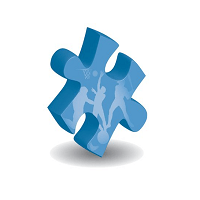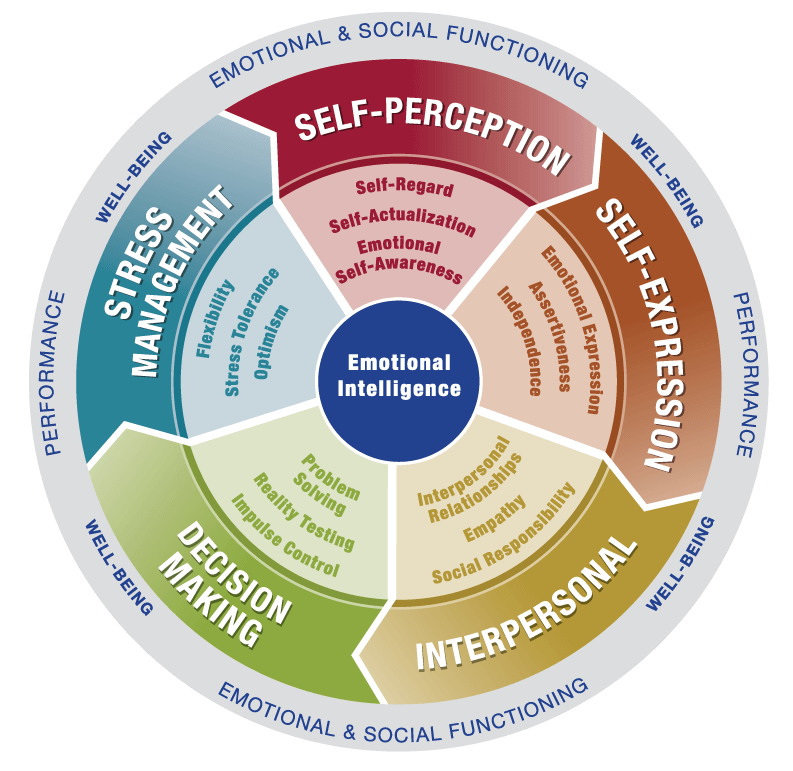- Our team
- Dr. Justin Anderson
- Dr. Carlin Anderson
- Dr. Adam Gallenberg
- Dr. Jaimie Rubin
- Dr. Ben Merkling
- Dr. Janet Finlayson
- Dr. Phil Imholte
- Dr. Matthew Mikesell
- Dr. Harlan Austin
- Dr. Chrissy Holm Haider
- Dr. Kirbi Kidd
- Dr. Lauren Zimmerman
- Alexandra Wulbecker-Smith, MA, M.ED. LPCC
- Carlos Coto, MA
- Luis Torres, M.ED.
- Eiron Sanchez, MSW
- Nate Penz, MA, LPCC
- Mckenzie Bromback, MSc
- Cathy Winter, MA
- Services
- Media
- Resources
- Client Portal
- Contact us
Assessments
Psychology assessments can provide useful information about an athlete’s mental skills, communication style, sport learning preferences, competitive nature, personal motivators, leadership characteristics, personality, and level of confidence. They can be administered to individuals or teams and a scheduled feedback session can be done to review/interpret the results of your psychological test.

ACSI-28
The Athletic Coping Skills Inventory 28 (“ACSI-28”) is a highly validated psychology assessment that measures an athlete’s psychological coping skills in seven key areas. Developed by Smith et al. (1995), the ACSI-28 helps guide athletes who are interested in gaining more understanding and clarity around these mental skills that can impact performance. Athletes will answer a series of 28 questions surrounding different psychological components of performance.

DISC In Sport
The DISC model is a behavioral--not personality--assessment, measuring four traits: dominance, influence, steadiness, and compliance. It works with different personalities to change behaviors in order to improve performance and develop self-awareness. There are three separate DISC profiles available, each of which is tailored to a distinct role within a sports organization (AthleteDISC, CoachDISC, and Sports ManagerDISC). The DISC psychological test helps give individuals the tools they need to enhance their strengths and work with others in a cooperative way.

Process Communication Model (PCM)
The Process Communication Model (PCM) is an advanced, scientific-research-based tool that enables competitors to understand, motivate, and communicate effectively with others. The PCM provides precise methods to enhance self-management and management of interpersonal relationships even under stress. Athletes/performers will learn about each of the six personality types described by the model that will help provide insight into relationships, therefore enhancing their efficiency both personally and professionally.
Athletic Intelligence Quotient (AIQ)
The AIQ measures the intellectual abilities most used in attaining, enhancing, and applying athletic skills. Just as a stopwatch measures speed, the AIQ provides valuable information about an athlete’s performance-specific intellectual abilities. The AIQ identifies an athlete’s mental strengths and weaknesses, helps coaches train athletes to reach the highest level of performance, and aids management and player personnel in scouting and roster decisions.

EQi 2.0
Research is proving time and time again that Emotional Intelligence (EI) is one of the most critical factors in predicting overall well-being and success, more so than IQ or physical skill. Contrary to traditional measures of intellectual intelligence, emotional intelligence is a skill that is not absolute or static – it can change and be developed over time and isn’t something we’re “stuck with” throughout our lives. The EQi 2.0 can lead to dramatic increases in performance, interaction with others, and leadership potential.
